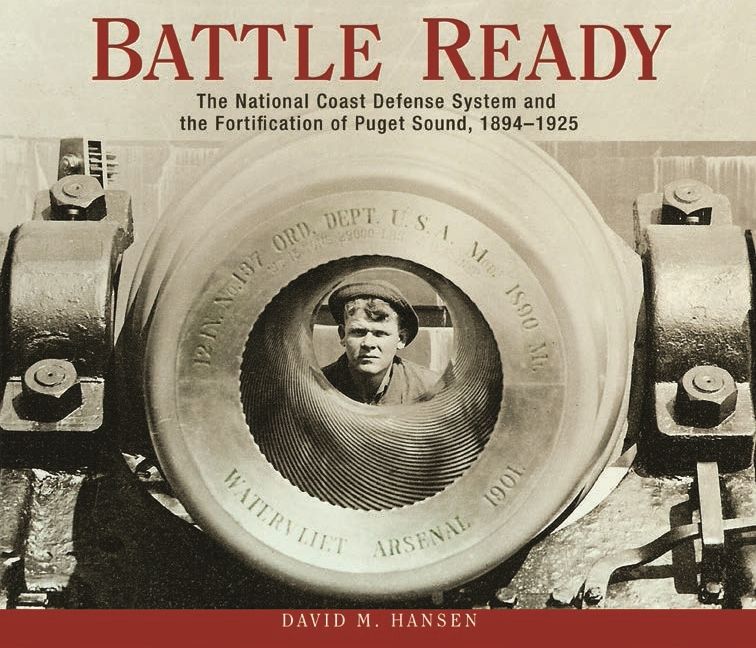Description
Captured from Great Depression-era Seattle newspapers, this narrative history of the city’s business, labor, and political life traces a turbulent decade that scarred a generation and defined years of policy and culture. Underlying themes include the idea that the Depression was an economic consequence of World War I, intensified by reckless lending and restrictions on trade; that the New Deal helped people get through the Depression but could not end it; that the radical left made big gains in the 1930s but was ultimately rejected; and that, after the war, private economy revived but was not fundamentally altered.
These are stories that many Seattleites have never heard. They begin with the end of the office tower development boom, the real estate depression that followed, and the failure of two large savings and loans. Investment banker Ben Ehrlichman, about whom little has been written, emerges as a fascinating figure. As the economy worsens, articles consider the growth of the waterfront homeless camp known as Hooverville, political fights over controlling help for the unemployed, the debate whether to require work in exchange for food, and the rise of a union for the unemployed. In 1932, the Seattle Post-Intelligencer published multiple articles about one woman’s desperate search for work.
Labor-related accounts cover the 1934 longshore strike, the 1936 Post-Intelligencer strike, and the reign of pugnacious Teamster leader Dave Beck. Ramsey offers new, nuanced insights into Beck’s rise to power and his influence over Mayor John Dore. Political pieces document the rise of the left, its domination by the Communist Party, resistance from non-Communist progressives, and its collapse following the Hitler-Stalin pact. Business coverage returns with the intense rivalry between City Light and Puget Power, Black Ball ferries’ ultimate failure after a struggle to remain private, and Boeing’s risky gamble on a four-engine aircraft, which produced the B-17 Flying Fortress. The final chapter highlights unions’ and the Democratic Party’s long-term rise, the scattering of the radicals, and the revival of private business.
About the Author
Bruce A. Ramsey hold a B.A. in Business Administration from the University of Washington and studied graduate level journalism at the University of California, Berkeley. He began his journalism career as a business reporter at the Daily Journal American in Bellevue, Washington, followed by stints at the Seattle Post-Intelligencer, Marple’s Business Newsletter, Asiaweek magazine, and the Seattle Times, where he was an editorial columnist and member of the editorial board. He has two previous books, both from Caxton Press: Unsanctioned Voice: Garet Garrett, Journalist of the Old Right, and The Panic of 1893: The Untold Story of Washington State’s First Depression.










